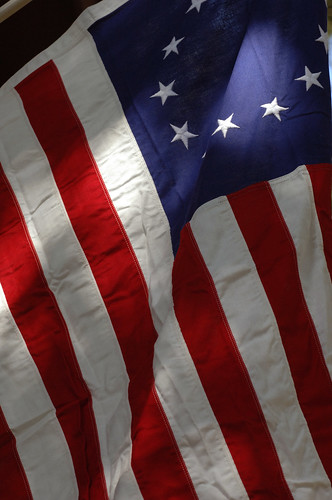The Continental Congress passed the Declaration of Independence on the 2nd of July, 1776, and then gathered on the 4th to sign it.
On July 8th, Thomas Jefferson sent a copy to my 5-times-great grandfather, John Page, who was President of the Virginia Council. Page wrote back on the 20th:
I am highly pleased with your Declaration. God preserve the united States — We know the Race is not to the swift nor the Battle to the strong. Do you not think an Angel rides in the Whirlwind and directs this Storm?

Page wrote to John Hancock the same day that Virginia’s citizens “have been impatiently expecting it, and will receive it with joy.”
What did he mean by “impatiently expecting it”? The calls for Independence had grown quite strong throughout the colonies before the Declaration was finalized, and in fact the delegates had been debating the resolution since it was introduced on June 7th. But even back in April, Page had written to Jefferson,
For God’s sake declare the colonies independant [sic], at once, & save us from ruin
The fervor for Independence was so strong that the delegates pledged their “Lives, … Fortunes, and … sacred Honor” to the cause. Though not a delegate, Page himself was as dedicated as any of them: he served as an officer in the Virginia militia, raised a regiment and contributed to it from his own money, and even donated the lead from the casements of his windows to be made into bullets.
When I was in high school, our English teacher gave us all copies of Paul Harvey’s little book about the Declaration and its signers, and to each of us he inscribed a challenge: “What will you give?” I ask myself that question every 4th of July.
Often I conclude that I have much more that I could, and should, give.
___
Letters quoted from The Declaration of Independence: Its History …, by John Hampden Hazelton.



 by
by 










